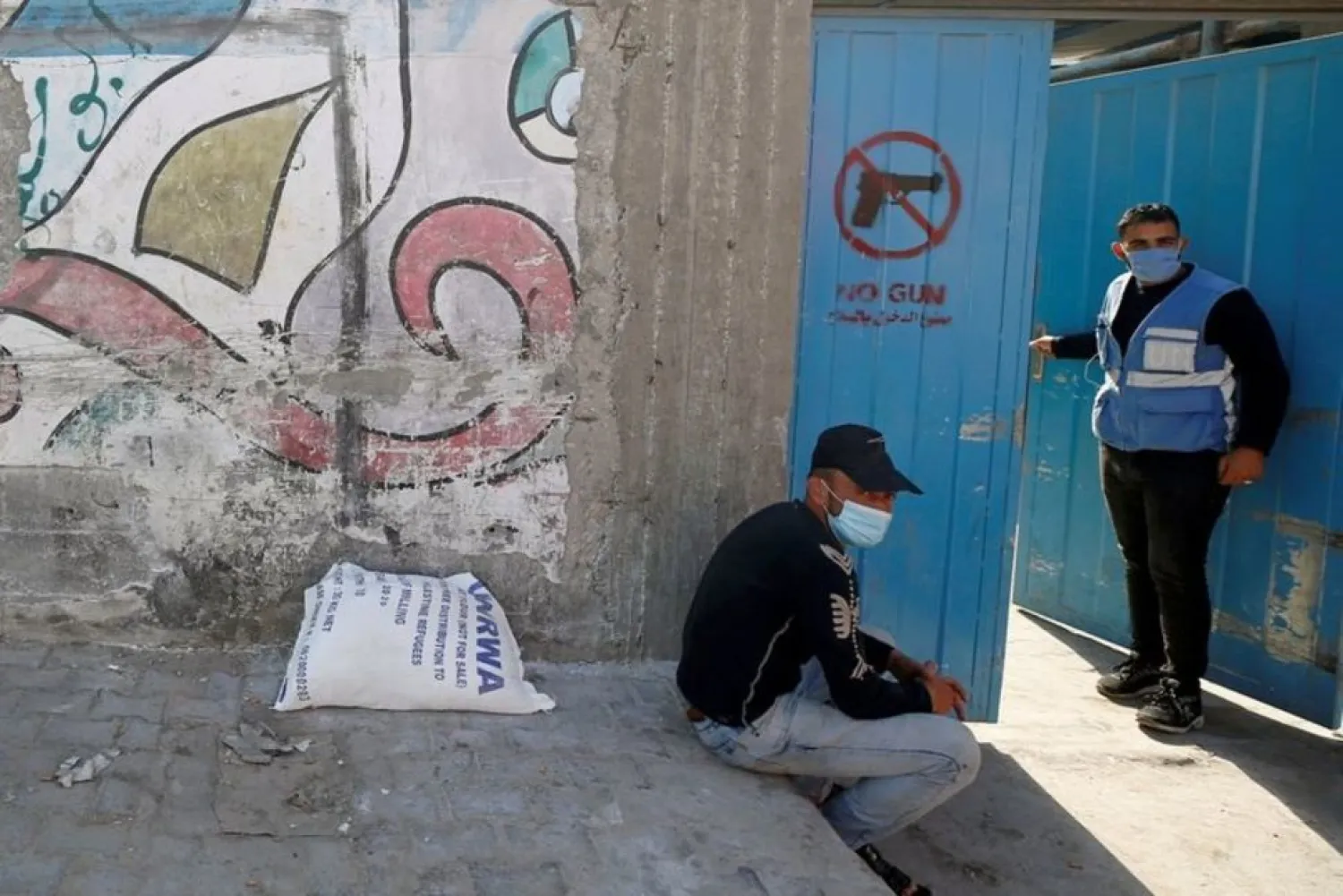The United Nations agency for Palestinian refugees paid the salaries of 30,000 Palestinian staff across the Middle East for last month, but a funding shortfall may still hinder payment in December, officials said on Wednesday.
UNRWA finds itself in limbo after the US election - President Donald Trump ended all US payments, but while Palestinians hope President-elect Joe Biden’s administration will at least partially resume payments, that could take months.
The agency said last month it had run out of money to pay salaries after two years of funding cuts by the United States and other donors.
Adnan Abu Hasna, an UNRWA spokesman in Gaza, said the November salary payments were made possible only by a $20 million loan from the United Nations, $12 million in new pledges and an advance from Sweden on its 2021 contribution.
“The payment of December remains uncertain and we are in need of $38 million to pay the salaries of our 30,000 staff,” Abu Hasna told Reuters.
UNRWA provides education, health and relief services to around 5.7 million registered Palestinian refugees, including those in Gaza and the occupied West Bank and East Jerusalem.
Also on Wednesday, Israel handed over a backlog of billions of shekels in tax money to the Palestinian Authority. The taxes, managed by Israel under interim peace accords from the 1990s and usually handed over monthly, make up more than half of the PA’s budget.
The 3.77 billion shekels ($1.14 billion) transfer is the first since June, when the Palestinians snubbed the handover due to Israeli Prime Minister Benjamin Netanyahu’s plans, currently suspended, to annex parts of the West Bank.
The PA has been unable to pay full wages of its 130,000 employees in the past months. Palestinian Prime Minister Mohammad Shtayyeh said this week it would pay full salaries once it received the tax money.









